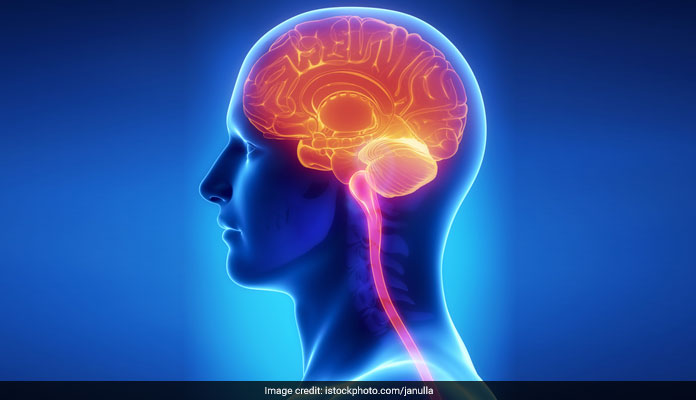Prolonged depression alters your brain, here's how.

This is the first biological evidence for large brain changes in long-lasting depression
HIGHLIGHTS
- The brain alters after years of persistent depression
- Longer periods of untreated depression can lead to brain inflammation
- Greater inflammation in brain is a common response
The brain alters after years of persistent depression, suggesting the need to change how we think about depression as it progresses, a new study has revealed. The research shows people with longer periods of untreated depression, lasting more than a decade, had significantly more brain inflammation compared to those who had less than 10 years of untreated depression.
"Greater inflammation in the brain is a common response with degenerative brain diseases as they progress, such as with Alzheimer's disease and Parkinson's disease," said co-author of the study, Jeff Meyer from Centre for Addiction and Mental Health in Ontario, Canada.
This study provides the first biological evidence for large brain changes in long-lasting depression, suggesting that it is a different stage of illness that needs different therapeutics -- the same perspective taken for early and later stages of Alzheimer's disease, the researcher said.
For the study published in the journal, The Lancet Psychiatry, researchers involved a group of people with more than 10 years of depression, another group with less than 10 years of depression along with a group of people with no depression as a comparison group.
The brain inflammation, in the study, was measured using a type of brain imaging called positron emission tomography (PET). The brain's immune cells, known as microglia, are involved in the brain's normal inflammatory response to trauma or injury, but too much inflammation is associated with other degenerative illnesses as well as depression.
When microglia are activated, they make more translocator protein (TSPO), a marker of inflammation that can be seen using PET imaging. The researchers found that TSPO levels were about 30 per cent higher in different brain regions among those with long-lasting untreated depression, compared to those with shorter periods of untreated depression.
The group with long-term depression also had higher TSPO levels than those with no depression.
(This story has not been edited by NDTV staff and is auto-generated from a syndicated feed.)
DoctorNDTV is the one stop site for all your health needs providing the most credible health information, health news and tips with expert advice on healthy living, diet plans, informative videos etc. You can get the most relevant and accurate info you need about health problems like diabetes, cancer, pregnancy, HIV and AIDS, weight loss and many other lifestyle diseases. We have a panel of over 350 experts who help us develop content by giving their valuable inputs and bringing to us the latest in the world of healthcare.














